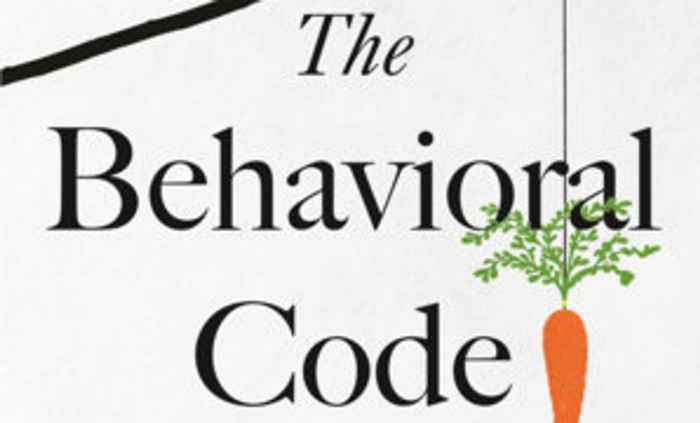The Behavioral Code: Four Behavioral Science Insights for Compliance and Enforcement
3 January 2022

With each new corporate scandal and case of major illegal corporate behavior or wrongdoing, regulators and prosecutors will face tougher questions about why they have not been able to prevent damages. Increasingly, this will mean that compliance and regulatory enforcement become an ex-ante affair, where corporate managers and government officials seek to influence behavior before damage happens, rather than the ex-post model of assigning liability after the fact or defending the corporation against such liability.
This means that compliance management, risk regulation, and corporate prosecution have become about behavioral change. Achieving behavioral change is highly complex as there are many factors that determine human and organizational conduct. When compliance and enforcement practice tries to intervene to improve behavior, it may all too easily be ineffective or at worst backfire. Successful behavioral change thus requires knowledge about the effects of different interventions. Here, fortunately there is a large body of behavioral science work that practice can build on. In our new book, The Behavioral Code, The Hidden Ways The Law Makes us Better… Or Worse, we provide key insights from behavioral science, releasing them from the paywalls of academic journals and translating them into jargon-free and accessible narratives to show what works, what does not work, and where we are still unsure. By drawing on these scientific insights, enforcement and compliance practitioners can develop behavioral interventions that are more effective and less costly.